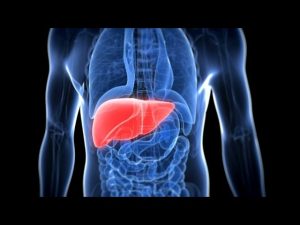✪✪✪✪✪ http://www.theaudiopedia.com ✪✪✪✪✪ What is ENDOCRINE SYSTEM? What does ENDOCRINE SYSTEM mean? ENDOCRINE SYSTEM meaning – ENDOCRINE SYSTEM definition – ENDOCRINE SYSTEM explanation. Source: Wikipedia.org article, adapted under https://creativecommons.org/licenses/by-sa/3.0/ license. SUBSCRIBE to our Google Earth flights channel – https://www.youtube.com/channel/UC6UuCPh7GrXznZi0Hz2YQnQ The endocrine system is the collection of glands of an organism that secrete hormones directly into the circulatory system to be carried towards distant target organs. The phenomenon of biochemical processes’ serving to regulate distant tissues by means of secretions directly into the circulatory system is called endocrine signaling. The major endocrine glands include the pineal gland, pituitary gland, pancreas, ovaries, testes, thyroid gland, parathyroid gland, and adrenal glands. The endocrine system is in contrast to the exocrine system, which secretes its hormones to the outside of the body using ducts. The endocrine system is an information signal system like the nervous system, yet its effects and mechanism are classifiably different. The endocrine system’s effects are slow to initiate, and prolonged in their response, lasting from a few hours up to weeks. The nervous system sends information very quickly, and responses are generally short lived. In vertebrates, the hypothalamus is the neural control center for all endocrine systems. The field of study dealing with the endocrine system and its disorders is endocrinology, a branch of internal medicine. Special features of endocrine glands are, in general, their ductless nature, their vascularity, and commonly the presence of intracellular vacuoles or granules that store their hormones. In contrast, exocrine glands, such as salivary glands, sweat glands, and glands within the gastrointestinal tract, tend to be much less vascular and have ducts or a hollow lumen. In addition to the specialized endocrine organs mentioned above, many other organs that are part of other body systems, such as bone, kidney, liver, heart and gonads, have secondary endocrine functions. For example, the kidney secretes endocrine hormones such as erythropoietin and renin. Hormones can consist of either amino acid complexes, steroids, eicosanoids, leukotrienes, or prostaglandins. A number of glands that signal each other in sequence are usually referred to as an axis, for example, the hypothalamic-pituitary-adrenal axis. As opposed to endocrine factors that travel considerably longer distances via the circulatory system, other signaling molecules, such as paracrine factors involved in paracrine signalling diffuse over a relatively short distance.
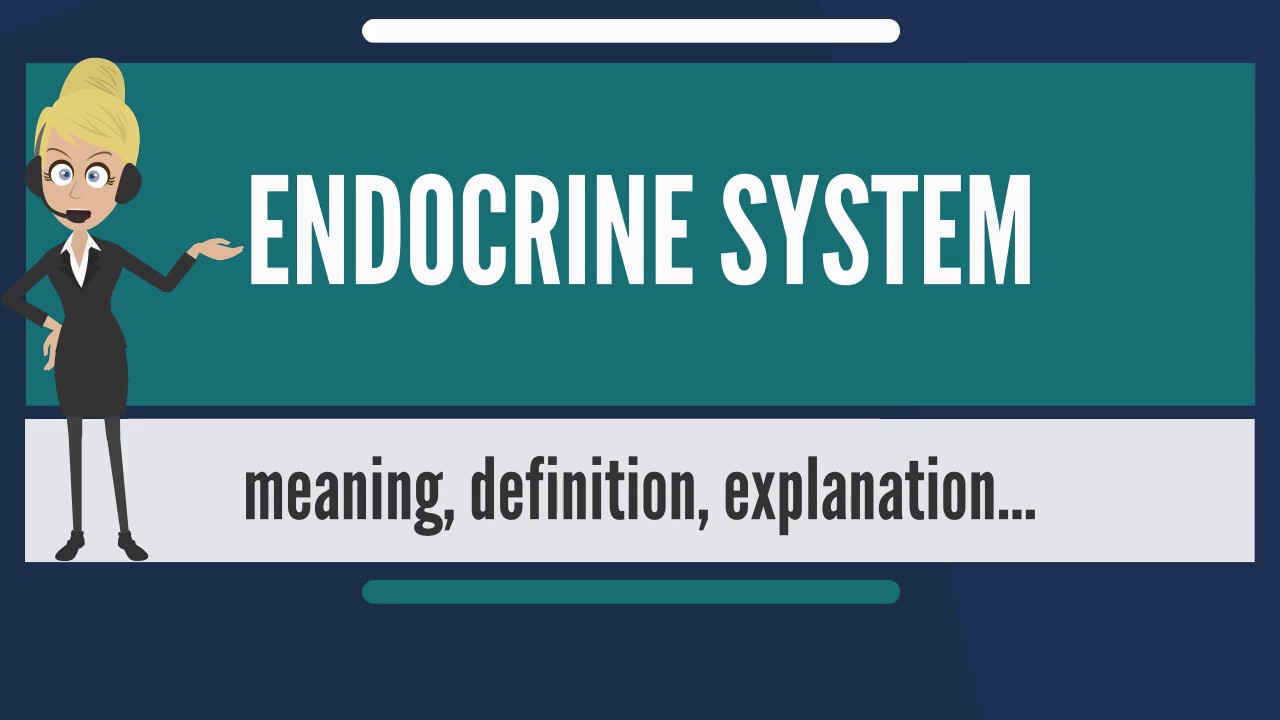
What is ENDOCRINE SYSTEM? What does ENDOCRINE SYSTEM mean? ENDOCRINE SYSTEM meaning & explanation
- Post author:
- Post published:May 2, 2021
- Post category:Uncategorized
- Post comments:0 Comments
You Might Also Like

Arm Workout Tips | Hammer Curls | Biceps Workout

Progressive Muscle Relaxation Training

Organ Transplantation Surgeries Video – 5

How to Reduce ESR Levels Naturally Home Remedies

Digestion – What Is It? | Physiology | Biology | FuseSchool

Exercise Anatomy: Back Workout | Pietro Boselli

12 Best Shoulder Exercises (THE DELTOID DOZEN!!)

Exercise Anatomy: Chest Workout | Pietro Boselli
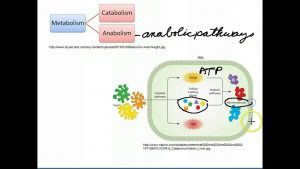
Catabolic and Anabolic Pathways

How to Reach the Antioxidant RDA

V-Shape Back Workout

Nutrition For Diseases Video – 2

Hormones and Gender Transition

Nutritional Psychiatry Video – 1
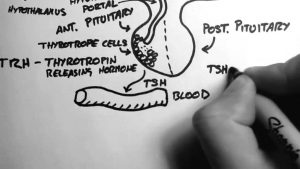
Thyroid Hormone 1 – Control

Effects of High Blood Pressure

Exercise Anatomy: Abs Workout | Pietro Boselli

Learning Disability Video – 3
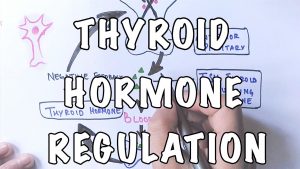
Thyroid Hormone Regulation and Negative Feedback

Medical Spa Club Video – 1

Muscular Strength Asanas Video – 5

Erector Spinae Back Extension-7

Diabetic Nutrition Video – 1
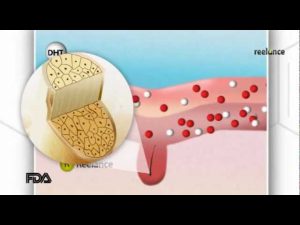
how to avoid hair loss for woman + minoxidil

Essential Amino Acids – Pure EAA vs IBCAA Supplements – Ep2
Hyperextension With ball-10

Biological Psychiatry Video – 1
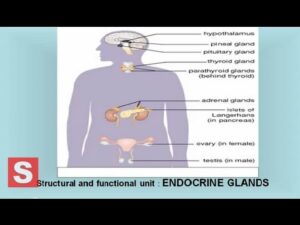
Endocrine system – Control and Coordination CBSE Class X Science ( Biology) Lesson

? Why Alcohol Is Killing Your Sex Drive, Lowering Your Testosterone & Making You Fat
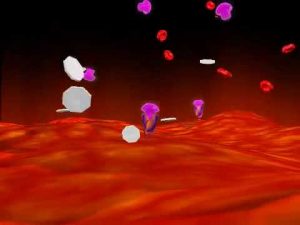
what is diabetes type 2?

History Of Medicine Video – 1

Blood glucose measurement – OSCE Guide

Functional Fitness Training: How can it help you?

Tennis Video – 3

What is an isometric exercise? Isometric Exercises Definition

Spa Day Video – 4

Water Changes Everything.

Eat Food To Lose Belly Fat Natural Way !!

Human Body, Body Building Muscle Building Anatomy Physiology Video – 25

How to Do Basic Sitting Stretches | Taekwondo Training
